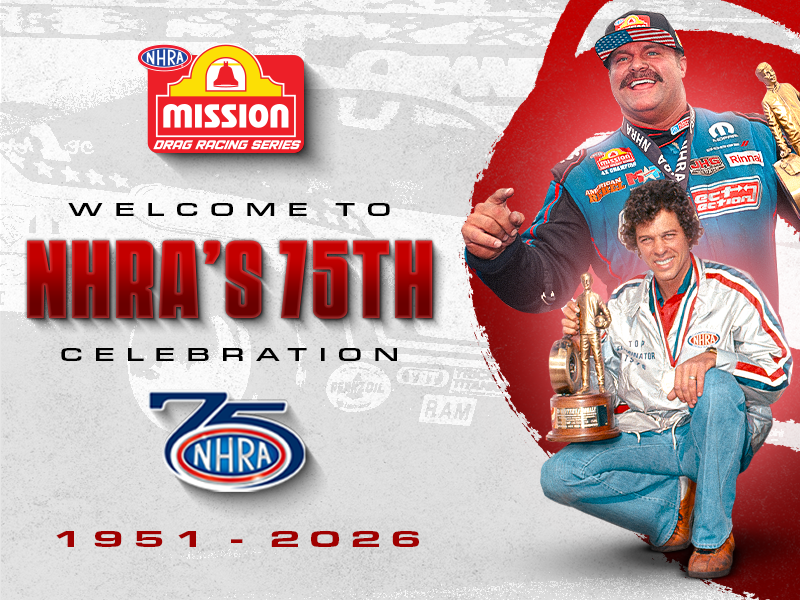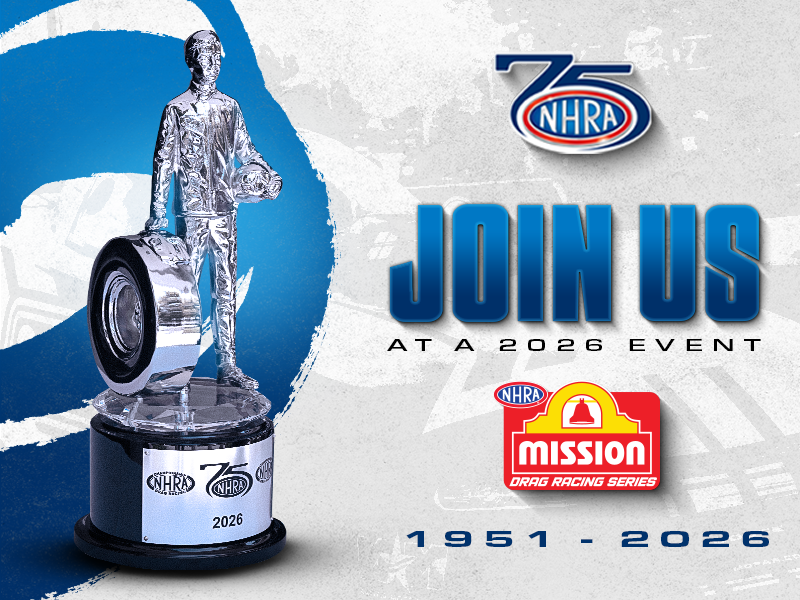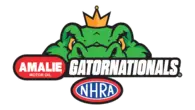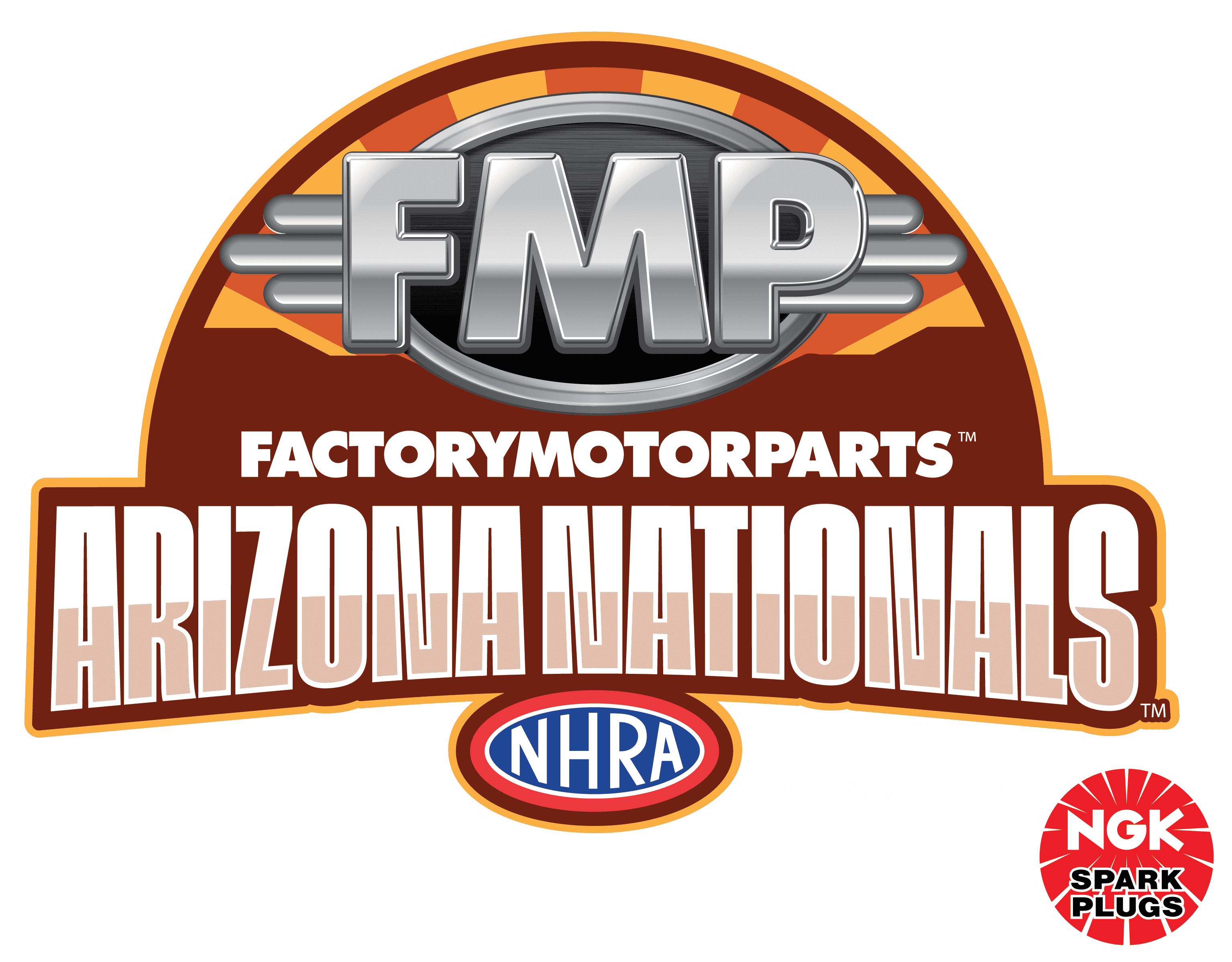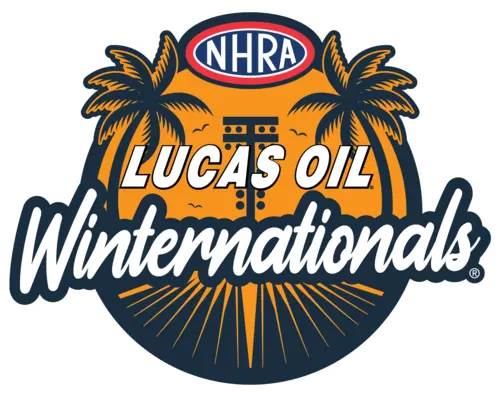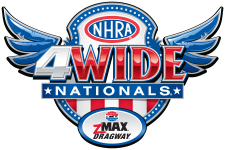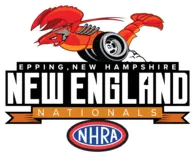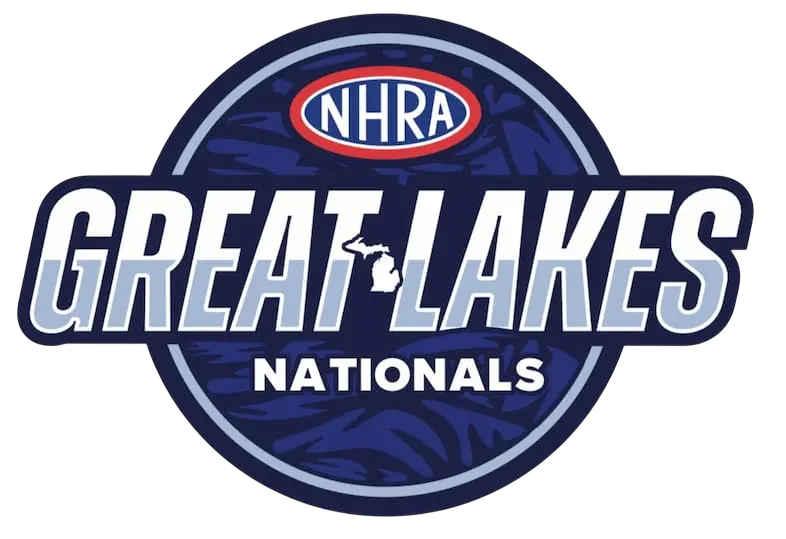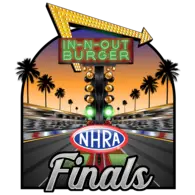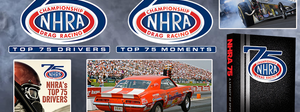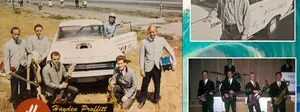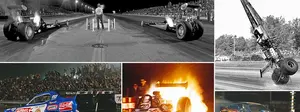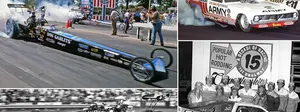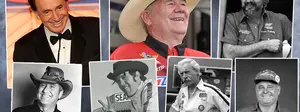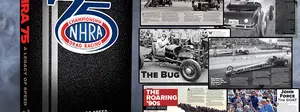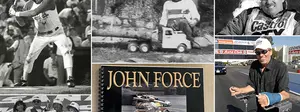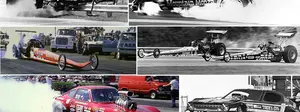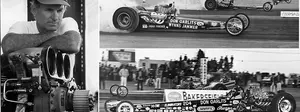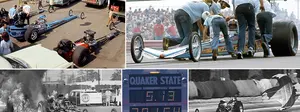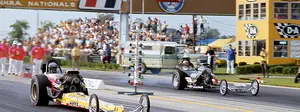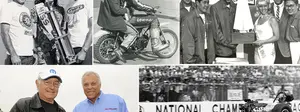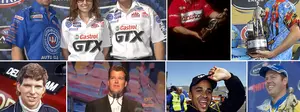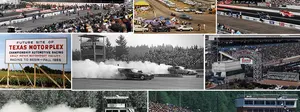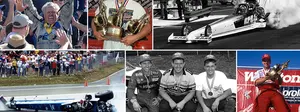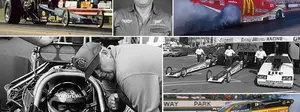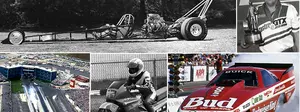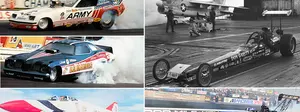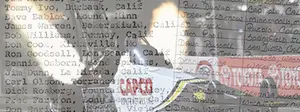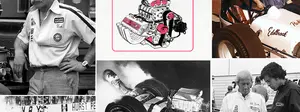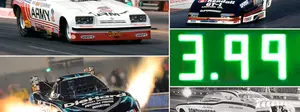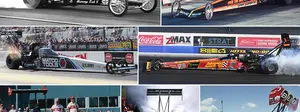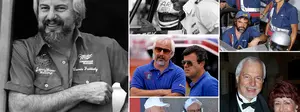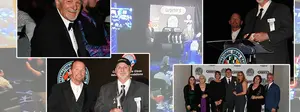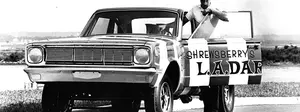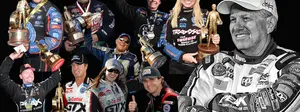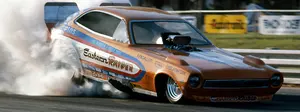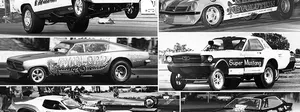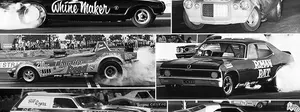From the Quotebook
Last week, I shared some of the interesting tidbits that I’ve gathered throughout the years, little random bits of flotsam and jetsam that otherwise would have just floated around on my hard drive. Those were from my notebook; today, we delve into my “quotebook.”
It’s one thing for me to tell you a story, but it’s infinitely more interesting to hear it from the source, and so I also stockpile interesting things I hear or read, again hoping that one day they’ll make their way into one of my columns, and, again, not having the patience to wait until that naturally occurs, I’m sharing some of them with you.
Drag racers can be a quotable bunch, and I won’t rehash any of the many memorable lines we’ve heard – such as Don Garlits’ classic "Retiring is easy; I've done it dozens of times” or Don Roberts' hilarious “After the third flip, I lost control” (well, OK, a little rehash) – but instead share some you may never have heard, quotes that I hope will entertain, amuse, and enlighten you. Let’s start with a couple from “Big Daddy” himself.
 |
“Large Father” has had an amazing career filled with incredible moments – championships, race wins, broken barriers, crashes, rivalries, and more – that are seared into our memories, but I was surprised to read this: “People often ask me what was the greatest moment in all of my experiences during a half-century of racing. That’s like picking a favorite child. Every win and every experience was very special to me, from the first to the last. But if I had to pick one, it would have to be Oct. 20, 1987, when my record-breaking Swamp Rat XXX was enshrined in the Smithsonian’s National Museum of American History in Washington, D.C., near Charles Lindbergh’s the Spirit of St. Louis and NASA’s first manned space capsule. There were no checkered flags or trophies that October day back in 1987, but it would be tough for me to imagine another racing moment better.”
 |
It’s no secret that longtime rivals Garlits and Shirley Muldowney have traded more than their fair share of barbed comments – who could forget Muldowney on TV famously labeling Garlits a “marginal” driver prior to their 1982 Gatornationals final? – but I always sensed that beneath the very real emotions of their heated rivalry was deep respect, so I was not overly surprised to see this Garlits quote on the espnW site last year, talking about her: "She's the greatest woman race car driver on the planet. Now somebody may come along and do better -- and this is all categories of auto racing -- but don't hold your breath for it."
 |
And here’s an interesting one from Muldowney, talking about the reception she received upon joining the Funny Car ranks in 1971. She clearly was popular with fans, but not so some of her male peers: “Oh, god, it was brutal. I thought they were going to commit suicide. All of the guys were awful except ‘Jungle Jim’ [Liberman]. He was the most gracious, and he would constantly tell me, ‘You drive like a man.’ And I thought that was the best compliment.”
 |
Fame has its privileges and its pitfalls. In a 2005 Sports Illustrated article on Don Prudhomme, “the Snake” talked about signing Hot Wheels cars for fans, as he had done for more than 30 years, and the weird aura of celebrity: “Signed one this morning, and the guy just about pissed all over himself. I sometimes feel like Mr. Spock at a Star Trek convention.”
 |
Although Prudhomme came to great fame in the Greer-Black-Prudhomme fueler, tuned by legendary engine maestro Keith Black, he also was quite successful while driving for Dave Zeuschel and Kent Fuller before that – and, in fact, it was Fuller who recommended “the Snake” to Black for the new ride – but Prudhomme admitted once to me, “I had no idea anyone was even taking note of what I was doing. I didn’t really know anything. When Keith Black called, I didn’t even know who he was.”
 |
No one in the sportswriting business will ever dispute that the late Jim Murray was the king of columnists, so when he wrote about Prudhomme in the Los Angeles Times in 1976, I clipped it out and still love this great description: “Donald Ray Prudhomme makes more money doing less in a car than any automotive genius who ever lived. Not A.J. Foyt, not Henry Ford, Gustav Daimler or the inventor of the self-starter or chairman of the board of General Motors gets as much money out of the internal combustion engine as he does: $6,000 a second. By comparison, A.J. Foyt works the black gang in the hold of a ship for his money, Franco Harris is a steeplejack walking steel beams in 100-mph winds. Foyt drives 500 miles at a crack for his millions. Don Prudhomme drives 1,300 feet. Foyt’s drives laid end to end would probably stretch around the world several times. Prudhomme’s wouldn’t take you to the drugstore. Some people take longer to back out of the driveway than he does to win 30 grand.” Priceless stuff.
 |
Murray also had an interesting take on Kenny Bernstein in a November 1996 L.A. Times column: “What you have here is a man who walked away from a $17-million-a-year business and a four-phone desk in an executive suite to get in a flameproof suit and climb in a car that burns up a gallon of $30 fuel every 50 feet. And they call the cars ‘funny.’ "
 |
A trio of quotes, all allegedly attributed to Roland Leong, who changed drivers like you and I change socks. “Drivers are like spark plugs. Screw one out and screw another one in" or “Drivers are like spark plugs. If one's too hot, you just replace him with a cooler one" or, of course, “Drivers are like spark plugs; you burn one out, you screw in another one.”
 |
Speaking of the Hawaiian, everyone remembers the 1969 edition taking flight at the Winternationals. Driver Larry Reyes once told me he had a premonition something bad was going to happen after Chrysler’s “engineers” decided to add a spoiler to the front of the Charger body but not the back: “I remember sitting on the starting line, ready to stage, with the car idling, yanking the belts tight, and saying, 'Lord, please don’t let me hurt anyone.' "
 |
“We had no money. We hustled everything that we could. It wasn’t about trying to win a race. It was trying to do something that we loved, just to be a part of it. To say that I did a burnout next to Prudhomme or Kenny Bernstein and was able to stage and go down the racetrack, you know. We were chasing a dream. I had all the struggles of no money.” -- John Force, remembering his early days
 |
Tommy Ivo is renowned as a practical joker (replacing hotel shampoo with motor oil, etc.), but he met his match in this story he shared with me a few years ago: “Chris Karamesines used to treat me like a son, patting me on the head and saying, 'Now, don’t hurt yourself.' Then I beat him one time, and he was whimpering about the deal, so the next round, I carried a shop towel with me, and when we beat him to win the two out of three, I pulled out the shop towel and said, 'Here, Chris ... here's a crying towel for ya.' He reached in the glovebox and pulled out a .45 and said, 'I've got your crying towel right here.' That's the last time I practical-joked him.”
 |
Early Funny Cars had round steering wheels, but Tom McEwen didn't take long to switch to a butterfly steering wheel: “Most all of the early Funny Cars had round steering wheels because that’s what the Super Stockers had,” he once explained to me. “I liked the butterfly because the dragsters had them, and I always liked that. Besides, round steering wheels are for going around corners.”
 |
“Yeah, I liked the Funny Cars, but I couldn't get the smoke to come out the front wheelwells like my pal Patty Foster. Nobody could.” – Don Roberts, who drove in Top Fuel and Funny Car, on Funny Car burnouts and the P.F. Flyer
 |
"Driving the tank at speeds approaching 140 mph is like trying to carry a piece of plywood in a 30-mph wind." – Wheelstander pilot Bob Perry, on driving his Hell on Wheels tank
 |
Former NFL quarterback Dan Pastorini had a brief but somewhat successful career as a Top Fuel driver with his Quarterback Sneak dragster, which initially was tuned by former Funny Car great Bobby Rowe. According to a 1985 Sports Illustrated article, Pastorini’s decision to go fuel racing was not just some post-career audible: "I called the NFL Players Association at four o'clock in the afternoon and said, 'I'm retiring from football.' I called Bobby Rowe at 4:02 and said, 'You wanna go racing?' "
And, finally, this random quote from comedian Christopher Titus, a huge NHRA fan. It came from his long-ago canceled TV show, but I think it has a fine place in the drag racing pits, or maybe in the subject matter of this column: “He didn’t fail so much as he succeeded in finding out what doesn’t work.”
See you next week.



